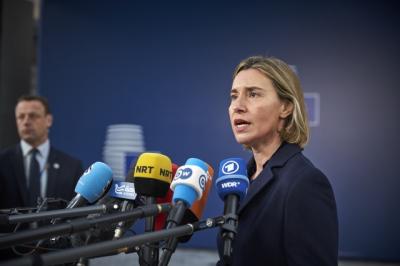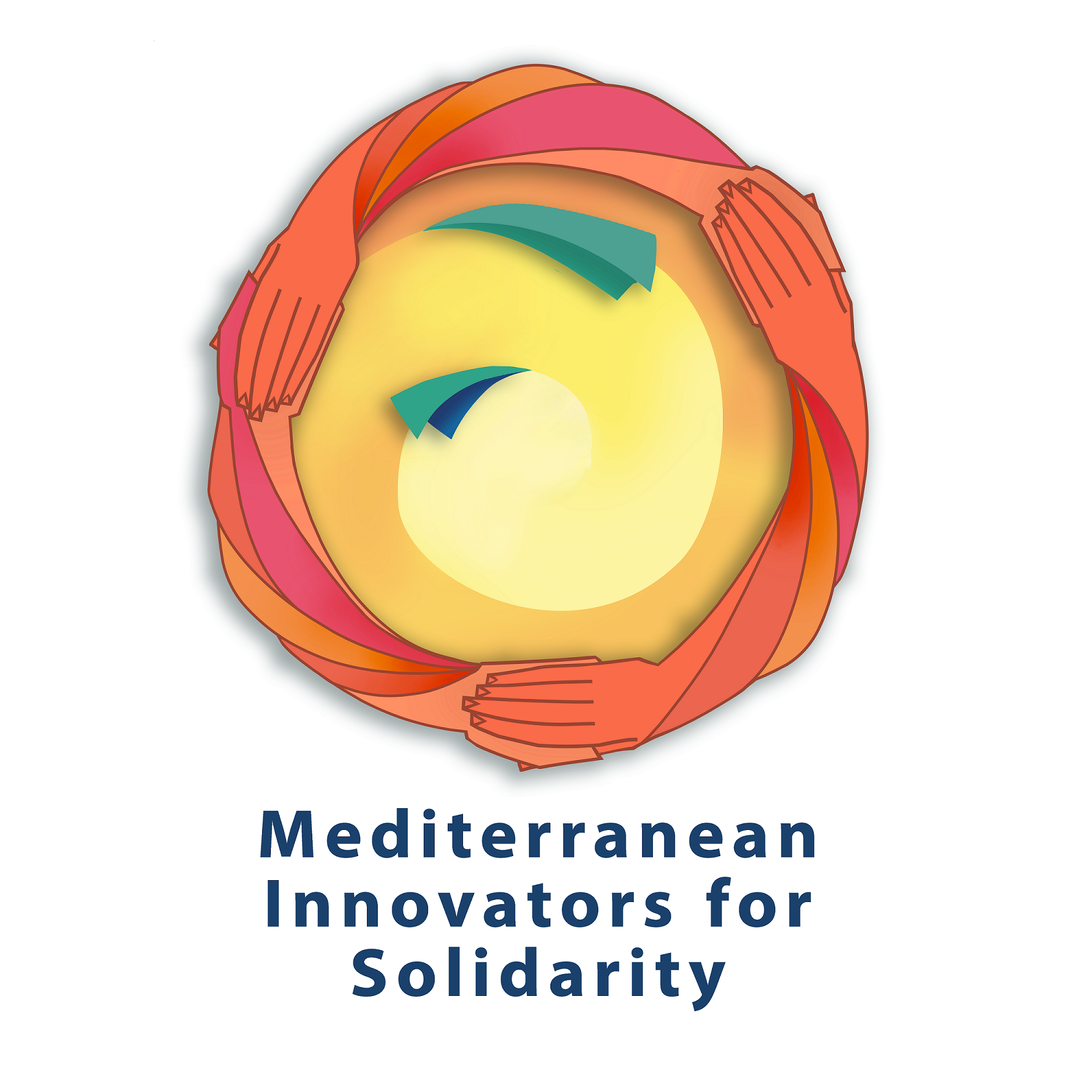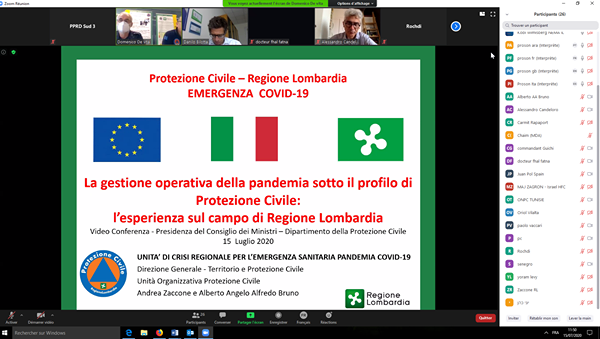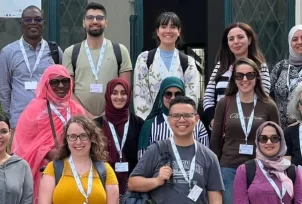Libya: EU reaffirms support to stabilisation efforts

EU foreign affairs ministers, meeting today in Brussels, reaffirmed the EU’s commitment to supporting efforts to stabilise Libya and to achieve an inclusive political settlement under the framework of the Libyan Political Agreement (LPA), and to supporting the Presidency Council (PC) and the Government of National Accord (GNA), headed by Prime Minister Fayez Sarraj.
The EU foreign affairs Council underlined the urgent need to unite all armed forces under the control of the legitimate civilian authorities as set out in the LPA and reaffirmed that the EU, as one of Libya’s neighbours, will join the efforts of neighbours and regional organisations to support the UN mediation. It expressed concern about the humanitarian situation in Libya and called for access for humanitarian workers to the people in need and the respect for International Humanitarian Law.
EU ministers called for the implementation of urgent measures to reform the economy, reduce wasteful public expenditure and improve delivery of basic services to respond to the most urgent needs of the Libyan people.
The Council highlighted that the EU will use, amongst others, the EU Emergency Trust Fund for Africa and will step up cooperation with IOM and UNHCR, to enhance the protection of migrants. It will work with Libyan municipalities to promote alternative livelihoods and support the resilience of local communities hosting migrants, refugees and people in need of international protection.
In line with the declaration of the informal meeting of Heads of State or Government of 3-4 February in Malta, the EU will give further priority to the provision of training, equipment and other support to the Libyan Coastguard and Navy and other relevant legitimate Libyan agencies. EUNAVFOR MED Operation Sophia will continue focusing on disrupting the business model of human smuggling and trafficking networks and implementing its supporting tasks to train the Libyan Coastguard and Navy and to contribute to the implementation of the UN arms embargo, EUBAM will continue engaging and assisting Libyan authorities in view of a possible future civilian mission, once conditions allow, in the field of police, rule of law and border management.
The Council underlined that the EU is implementing a cooperation package worth EUR 120 million, focused on civil society, governance, health, youth and education, migration, security and mediation and that it expanded its humanitarian aid with EUR 10.8 million in 2016. It stressed that the EU stands ready to increase its engagement to promote stability and prosperity in Libya.
Read more
Council conclusions on Libya (06-02-2017)
EEAS – Libya
EU Neighbours South – Libya
EU Delegation to Libya – website and Facebook page




























 Syria
Syria 





